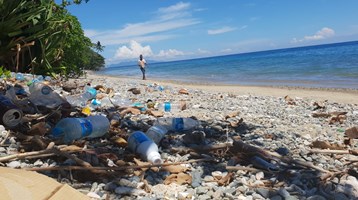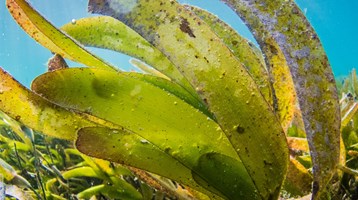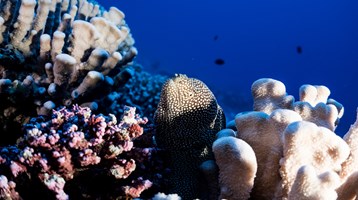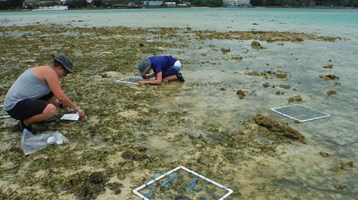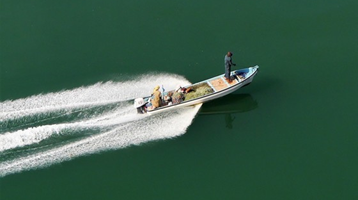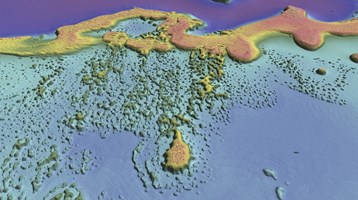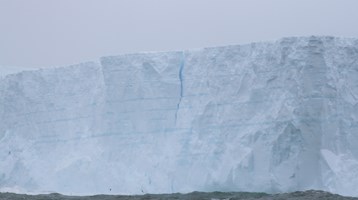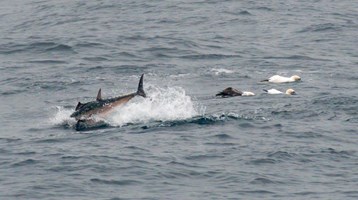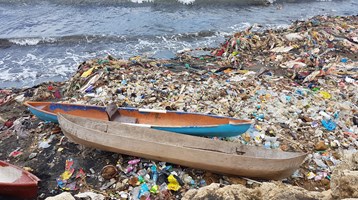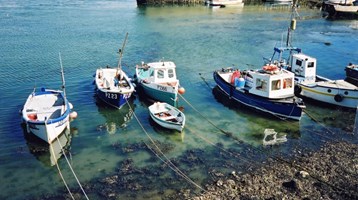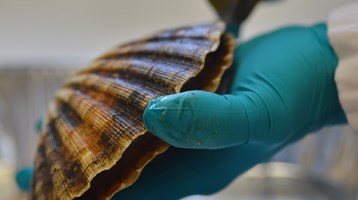ROPME Marine Climate Change Regional Action Plan
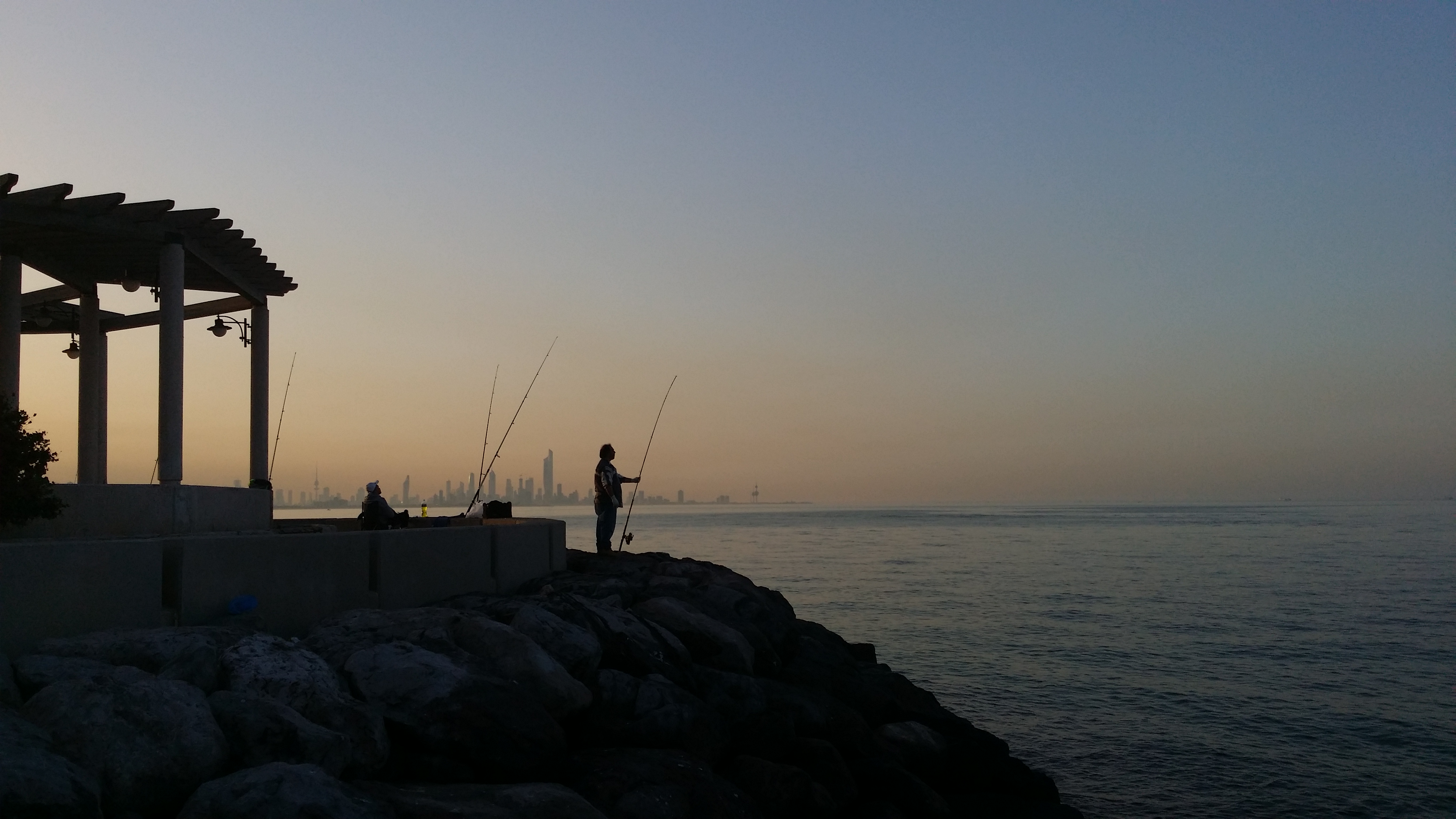
The waters of the ROPME Sea Area – the seas of Bahrain, I.R. Iran, Iraq, Kuwait, Oman, Qatar, Saudi Arabia and the United Arab Emirates – are being increasingly affected by climate change with impacts on marine biodiversity and the coastal cities and communities of the region.
The Regional Organization for Protection of the Marine Environment (ROPME), the regional seas convention of the 8 countries bordering the ROPME Sea Area, is implementing a 3-year Regional Marine Climate Change Regional Action Plan (RAP) In collaboration with Cefas’ International Marine Climate Change Centre who are acting as the technical support partner to the ROPME Secretariat
The objectives of the RAP are to build the regional knowledge base of marine climate change impacts, adaption and mitigation options, and to develop a regional Marine Climate Change Strategy.
During Phase I of the RAP, ROPME has conducted three regional studies to improve regional scientific understanding of marine climate change impacts and mitigation options. The outputs from these studies are presented in Policy Briefing Reports and Technical Reports which are available below.
Phase II of the RAP will build on this to provide advice on marine climate change adaptation and resilience building actions, and best practice guidance on management of blue carbon habitats.
The key findings from the reports include:
- The effects of climate change, including rising temperatures and sea-level, are already occurring across the ROPME Sea Area and are projected to accelerate in future.
- Climate change and other human impacts are causing degradation and loss of critical habitats such as coral reefs, mangroves, saltmarshes and seagrasses across the region.
- Climate change will lead to a decline in fisheries, which is an important source of food across the region.
- Coastal storms and cyclones are predicted to become more intense causing significant risks to coastal communities, industry and infrastructure from storm damage and coastal flooding.
- Increasing water temperatures may lead to an increase in phytoplankton and jellyfish leading to harmful algal blooms that can block desalination plants and coastal industrial cooling systems.
- Blue carbon ecosystems (such as sea grass beds) remove CO2 and need protecting to continue absorbing CO2 from the air. These ecosystems also support climate change resilience by providing coastal protection and supporting productive fisheries.

